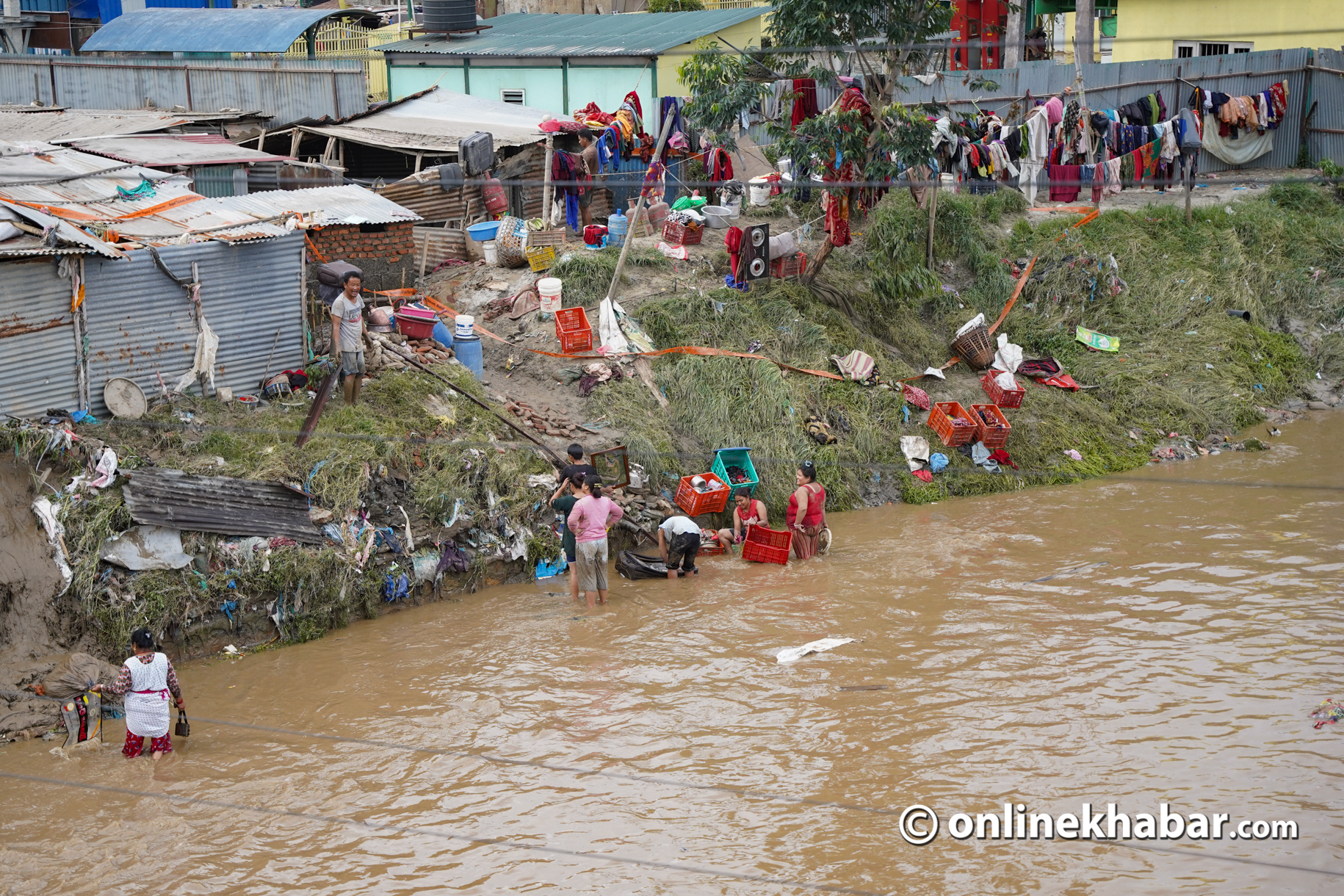
“Why did you want to keep climbing even after conquering the highest peak?” I asked with jitters.
The question was loaded with irony, and was coming from an aspiring writer not sure about where her career was headed. I was meeting Junko Tabei, the first woman to summit Everest, for an interview. We were in Lukla, and I knew it would be no ordinary interview.
On a recent clear day, I was looking at the white mountains, I remembered the cold breeze shuddered my body as I waited for her that morning at Lukla airport. Spring will soon come. That spring day, the place reeked of old raksi, a local staffer might have quaffed it to beat the prickly chill. A crowd had gathered outside the airport with khada and flowers.
I vividly remember the content Tabei’s smile when she came out of the aircraft. She exuded a mysterious calmness that day which, perhaps, I imagined came from her years of experience in mountaineering, and life in general. Tabei from Japan felt at home at a remote airport in Nepal. I was certain it was because, after all, Lukla was where her journey had begun.
Tabei had dreamt of climbing mountains when she was in grade four. In the spring of 2015 when I had met her, Tabei was retiring, and was in Lukla to celebrate the 40th anniversary of her May 16, 1975 achievement. That morning, Tabei suddenly looked older than the woman I had imagined her to be.

“I guess every place has a different story, and I wanted to enjoy those rare moments as often as I could. The mountains are enigmatic and dangerous at the same time, but I wanted to experience the beauty for myself.”
“I guess every place has a different story, and I wanted to enjoy those rare moments as often as I could. The mountains are enigmatic and dangerous at the same time, but I wanted to experience the beauty for myself,” she told me. “I wanted to conquer myself.”
I felt anxious, it was only natural I thought, when the legend’s presence slowly seeped into my consciousness. Tabei appeared to be a little mysterious for me that day. Maybe it was our discrepancy over the language.
I could neither comfort nor persuade her with my words, she only spoke Japanese. But, many a time, in harmless naivety, the translator would answer questions meant for Junko Tabei to answer.
“Dai, wahan lai nai sodhunu na,” (brother, please ask her) I would say restlessly. And, now and then, when Tabei would speak for few seconds, I would smile at myself. But my translator would finish his sentence so fast that I would only be left with disbelief. ‘Is that all she said?’ I would think to myself.
Like a ‘greedy’ reporter, I wanted a quote from her that I could splash as a headline. I lost a good 15 minutes of my interview time just explaining to Junko Tabei and her group my complicated questions. I lost even more time hoping to get a quote from Tabei like that of Hillary’s.
But all in vain.
Most answers I received from the translator seemed to have been devoid of emotion. Someone so close to nature, I presumed, would have so much more to say, to explain and to narrate. She would have, I was sure, spoken about her lesser-known achievements, her family and the nostalgia of that fateful 1975 day.
I couldn’t be courteous enough to Junko Tabei, I was rather transparent with my disappointment.
At the end of our 30 minutes ‘together’, I did get a memorable quote from her. It just took a while for me to understand.
‘Only if you walk, will you reach.’






















